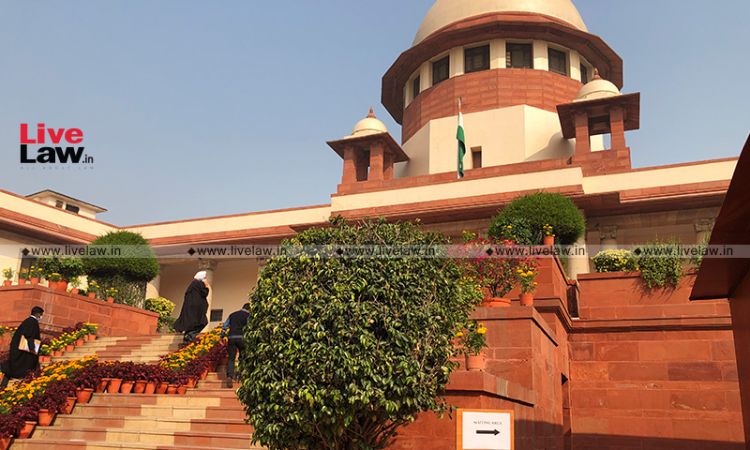PMLA Offences Non-Cognizable In The Sense Local Police Can't Arrest, Says Supreme Court During Hearing
Mehal Jain
2 March 2022 9:26 PM IST

Next Story
2 March 2022 9:26 PM IST
The Supreme Court on Wednesday remarked that the PMLA Act offences are not cognisable only to the extent of the scheme of the Cr. P. C.- that they are cognisable in the sense that arrests can be effected without a warrant by authorities specified in the Act, but they are non-cognisable qua the local police so that arrests cannot be made under the Cr. P. C.The Court was hearing SG Tushar...
